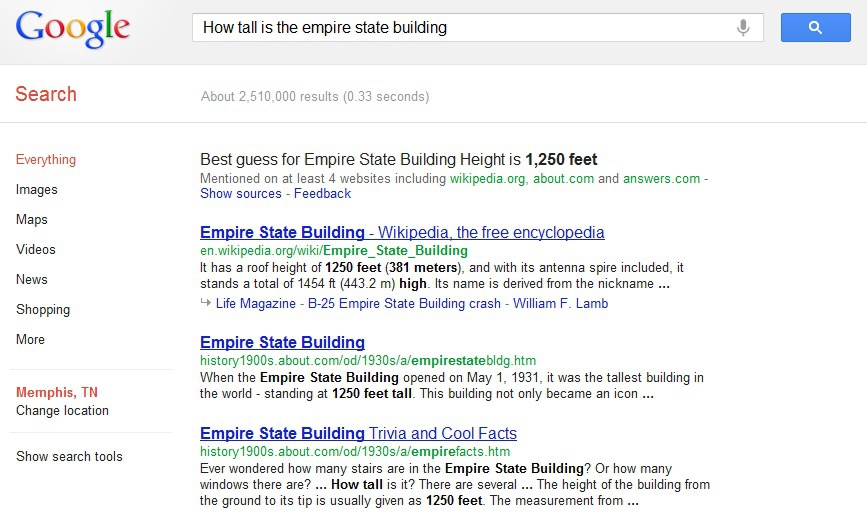 According to a recent interview with Amit Singhal, a top executive at Google Search, Google is planning on making drastic algorithmic changes in the near future in order to provide end users better search results. Google is hopeful that the new changes, which will be primarily focused on semantic search technology, will solidify their dominance in the search engine market and help the company provide better mobile technology moving forward.
According to a recent interview with Amit Singhal, a top executive at Google Search, Google is planning on making drastic algorithmic changes in the near future in order to provide end users better search results. Google is hopeful that the new changes, which will be primarily focused on semantic search technology, will solidify their dominance in the search engine market and help the company provide better mobile technology moving forward.
The algorithmic shift is partially motivated by Google’s plans to launch Google Assistant later this year on Android devices. Google Assistant, which will compete directly with Apple’s Siri, will provide users with answers to questions and specific information rather than traditional search results. Singhal, who is a senior Google VP and Google Fellow, recently indicated that semantic search is a necessary for a company to be competitive long-term in the mobile space.
“When we can deliver small nuggets of information, that system is far more suited to mobile phones and searching with voice.”
While search engines already do an excellent job of analyzing the words a user types in the search box and matching the query to web pages that contain similar words or topics, matching the intent of a specific user is much more difficult. In order to better understand the searcher’s intent, Google is hoping to harness the power of semantic technologies and provide better results. Once Google thoroughly understands the information a user is searching for, they will be able to instantly provide the user that information directly within the search results page for many queries.
Singhal recently told Mashable that Google is building a huge database of information with over 200 million entities. The database, which is simply called the Knowledge Graph, is a necessary element to move away from a simple word-based system to true semantic search. However, even with an extensive database of information, it will be extremely difficult to produce an algorithm capable of instantly and dynamically analyzing relationships and similar attributes between hundreds of millions of individual entities. To analyze search queries in a way similar to the human brain, may be beyond even Google’s computational capabilities for now.

